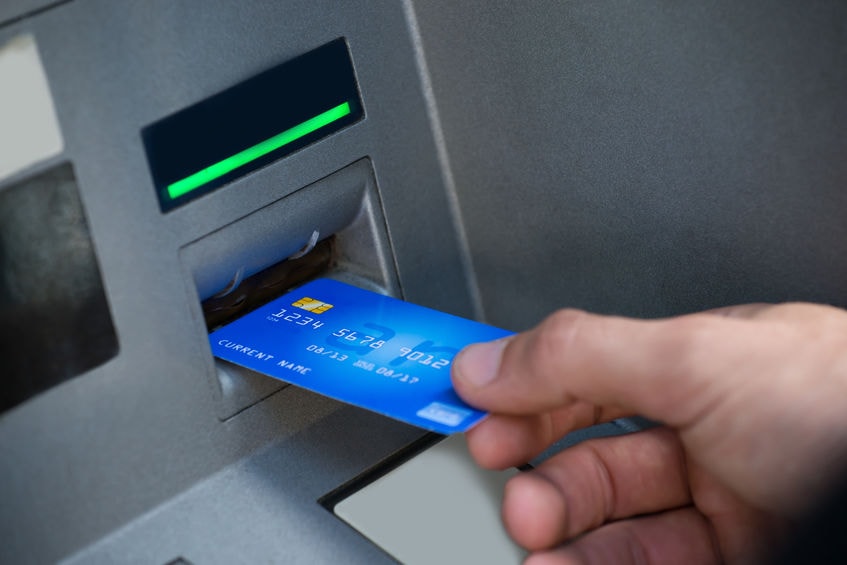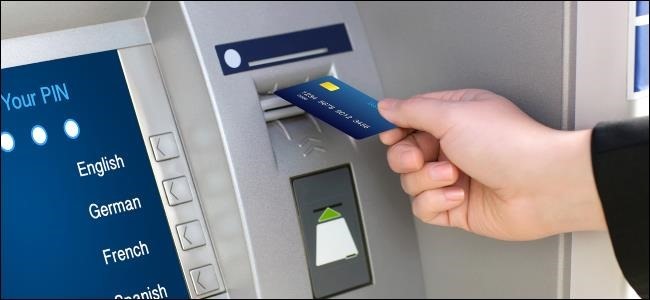Credit and debit cards have many standard features, including magnetic strip on the back, 16-digit card numbers and expiration dates. There is a significant distinction between the two, but both may make it simple and comfortable to shop in-store or online.
You may purchase money already in your bank account with a debit card. Credit cards are a convenient way to borrow money from your card issuer for making purchases or getting cash advances up to a specific limit. You carry at least two forms of plastic money (a credit card and a debit card) in your wallet.
What Exactly Is a Credit Card, Anyway?

Credit cards are issued by financial institutions (usually banks) and allow cardholders to make purchases and pay for them with money borrowed from the issuing institution. Cardholders commit to repaying the principal plus interest per the financial institution's guidelines.
Benefits of Credit Card Use

While credit cards do have certain advantages over debit cards, they also have their drawbacks. The benefits and disadvantages of using credit cards for everyday purchases are explored here.
Develop a Positive Credit Record
You may see the effects of your credit card activity on your credit report. This covers both good and negative information, such as regular on-time payments and low credit use levels. Credit scores are determined when information from credit reports is analyzed.
Purchase Warranties
Additional warranties and insurance coverage from some credit cards may extend beyond what the store or manufacturer provides. Consider contacting your credit card provider, for instance, if a product you purchased with your card is faulty long after the manufacturer's warranty has ended.
Downsides of Credit Card Use
The primary negatives of credit card use include indebtedness, adverse effects on credit scores, and high-interest rates and fees.
Spending Can Lead to Debt
Credit card purchases are made using the bank's money rather than the cardholder's. These funds are subject to a mandatory repayment plan that includes accruing interest. You must at least meet the monthly minimum payment requirement. Carrying a large amount on many cards might put significant pressure on your finances.
Relating to Credit Rating
Improving your FICO score is as easy as making on-time payments and avoiding carrying debt on any of your credit cards. But you might damage your credit history if you practice paying late, maxing out one or more cards, closing down older accounts, or applying for new credit frequently.
What Is a Debit Card?
Instead of using funds borrowed from a bank or card issuer, a debit card draws funds directly from the cardholder's checking account to cover purchases. When issued by large payment systems like Visa or Mastercard, debit cards provide the same ease of use and many of the same consumer safeguards as credit cards.
Positives of Using Debit Cards
Like credit cards, debit cards have their advantages and disadvantages.
Avoid Debt
There is no risk of going into debt while using a debit card because it only accesses the customer's current funds. Businesses have long known that customers will spend more money using a credit cards. 9 To curb spending habits, those prone to impulse purchases might use debit cards instead of credit cards. Maintaining a good credit score is essential for avoiding the trap of high-interest debt.
Fraud Protections
As fraud protection goes, credit cards used to be leagues ahead of debit cards. Some debit cards, especially those issued by significant payment networks like Visa and Mastercard, are starting to provide some of the same consumer safeguards credit card holders have always taken for granted. Reporting incidents of fraud or theft as soon as they are discovered is crucial.
Drawbacks of Debit Card Use
The main drawbacks of debit cards are the same as those of credit cards: a lower credit score and higher fees.
Negative Reinforcement
If you don't have rewards checking account, using your debit card won't earn anything. If you solely use a debit card, you could lose out on potential savings from rewards programs.
Credit Ratings Won't Improve
Establishing credit involves proving to lenders that you are worthy of their trust by meeting your financial obligations promptly. If you want to start or improve your credit history, using a debit card isn't the way to go because you can't create or construct credit when using a debit card connected to your bank account.
The Conclusion
While both credit and debit cards share a similar appearance, they operate quite differently. Credit cards are vital in one's financial toolkit if establishing credit and reaping benefits are priorities. A debit card is preferable to a credit card if you wish to keep a closer eye on your spending. Find out what kinds of charges are linked with the accounts you're considering.




